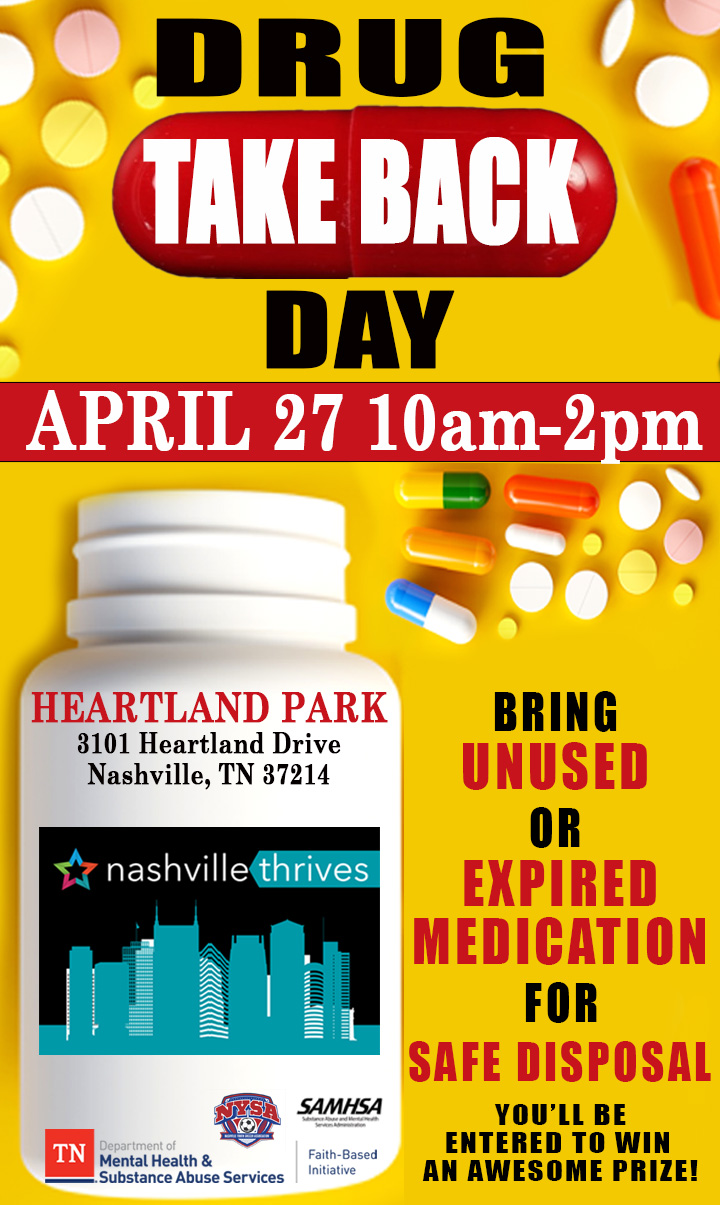
Step 1
Have you observed the following traits in your friend or loved one?
Write down your observations about your friend's or loved one's behavior that leads you to believe there might be an opioid problem.
Consider this:
Step 2
Find the best time and place to talk.
Stay in a calm and collected mood, without feeling judgmental or self-righteous. It’s important to come from a place of empathy in order to effectively connect with the person you’re trying to help. Manage the tone of your conversation using positive, caring words.
This is an opportunity to have a safe and honest conversation, not a conversation that feels confrontational.
Step 3
Start with:
"I've noticed some things lately that I would like to discuss with you."
From your list in step 1, share your observations, one at a time:
"I'm bringing this up today because I care so much about you. more than anything, I just want you to be OK, and lately I've been worried you're not. I've noticed some changes in the way you've been acting. For example, it seems like you've (fill in the blanks with observations). Have you noticed how big a change this is for you? What do you think is behind that?
If the person is defensive, make a decision on whether it is worth it to continue the conversation or to pause until a later date. If you pause the conversation, say something like:
" Thank you for hearing my concern(s). I love/care about you and will always be here if you want to talk or if you need anything."
If they seem open to the conversation but are unable or not willing to identify the problem, you can bring it up in a neutral, non-confrontational tone:
“You know, all of these symptoms and behaviors we’ve been talking about seem to line up with what happens when there’s a problem with taking too many opioids. I know you were using painkillers for a while. Do you think this might have become a problem for you?”
If they strongly refuse to acknowledge this could be the cause if the problem, you can choose to let it go and continue the exploratory conversation in order to increase awareness of the problem:
" What do you think is causing this/these issues?"
Wrap up the conversation
If you have any concerns that you or others may be in imminent danger (i.e., in need of immediate medical attention) or that the person you’re worried about may pose a threat to others due to their behavior (i.e., driving while under the influence, carrying a gun, expressing violent urges), please call 911. If it means saving their life or the lives of others who could be victims of reckless or violent behavior, it’s best to be safe and set necessary boundaries.


